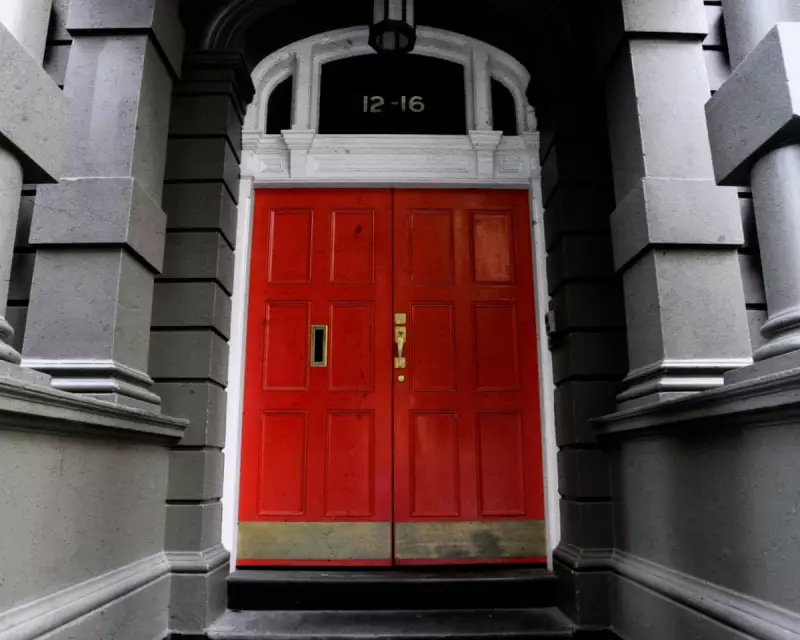
One of Melbourne's most exclusive gentlemen's clubs has abruptly terminated a controversial trial that allowed women to dine at its hallowed premises, following fierce resistance from traditionalist members determined to preserve the institution's male-only traditions.
The Savage Club, an establishment that has operated as a male sanctuary since 1863, had cautiously introduced women's dining nights in what was seen as a potential step toward modernisation. However, the experiment proved too radical for many longstanding members who viewed the presence of female guests as an erosion of the club's fundamental character.
A Clash of Traditions and Modern Values
Sources within the club reveal that the trial period generated significant internal division, with some members embracing the change while others mounted substantial opposition. The traditionalist faction argued that the club's unique atmosphere and camaraderie would be fundamentally altered by admitting women, even on a limited basis.
The decision to end the trial highlights the ongoing tension between preserving historical institutions and adapting to contemporary social expectations regarding gender equality and inclusion.
Historical Context and Membership Dynamics
Founded during the gold rush era, The Savage Club has counted among its members prominent figures from Melbourne's legal, academic, and business circles. The club's constitution has explicitly limited membership to men throughout its 160-year history, creating a distinctive social environment that many members fiercely protect.
Current membership includes approximately 400 men, with the club maintaining a discreet presence in the heart of Melbourne's legal district. The recent controversy has exposed generational divides within the membership, with younger members reportedly more open to limited integration while older members remain staunchly opposed.
The Future of Exclusive Clubs
The Savage Club's experience reflects broader challenges facing traditional private clubs worldwide as societal attitudes toward gender exclusion evolve. Similar institutions in the United Kingdom and elsewhere have faced increasing pressure to reform their membership policies, with some choosing to admit women while others maintain their traditional boundaries.
This development raises important questions about the place of gender-exclusive spaces in modern society and whether historical institutions can maintain their distinctive character while adapting to contemporary values.
The club's committee has not indicated whether alternative approaches to modernisation might be considered, leaving the future of women's access to The Savage Club's facilities uncertain for the foreseeable future.





